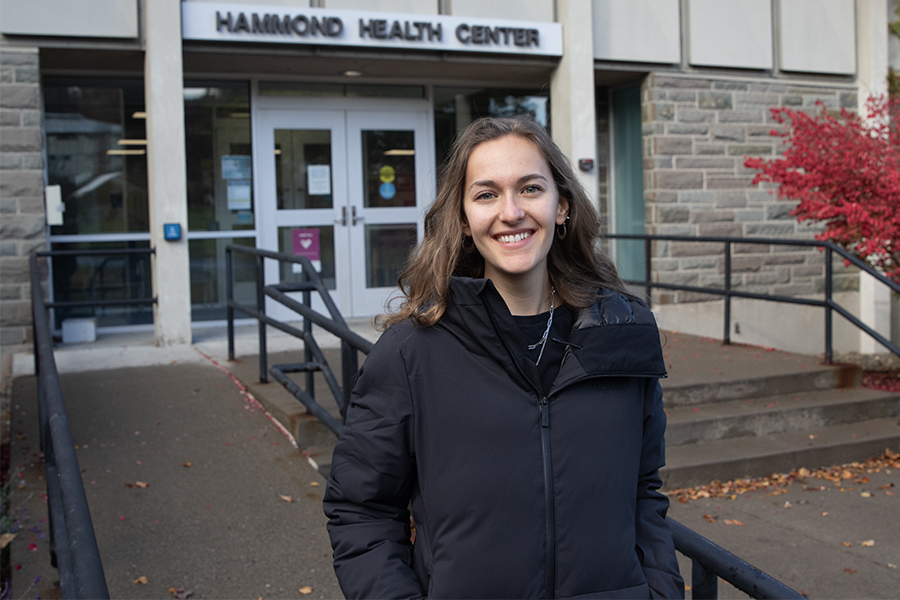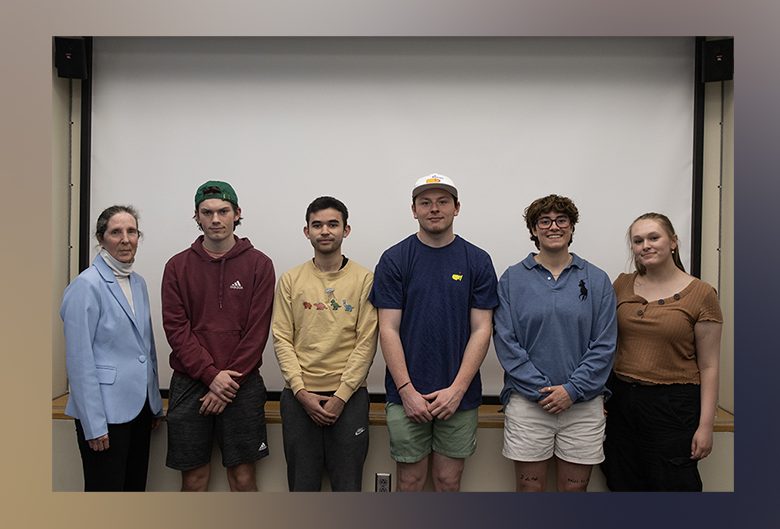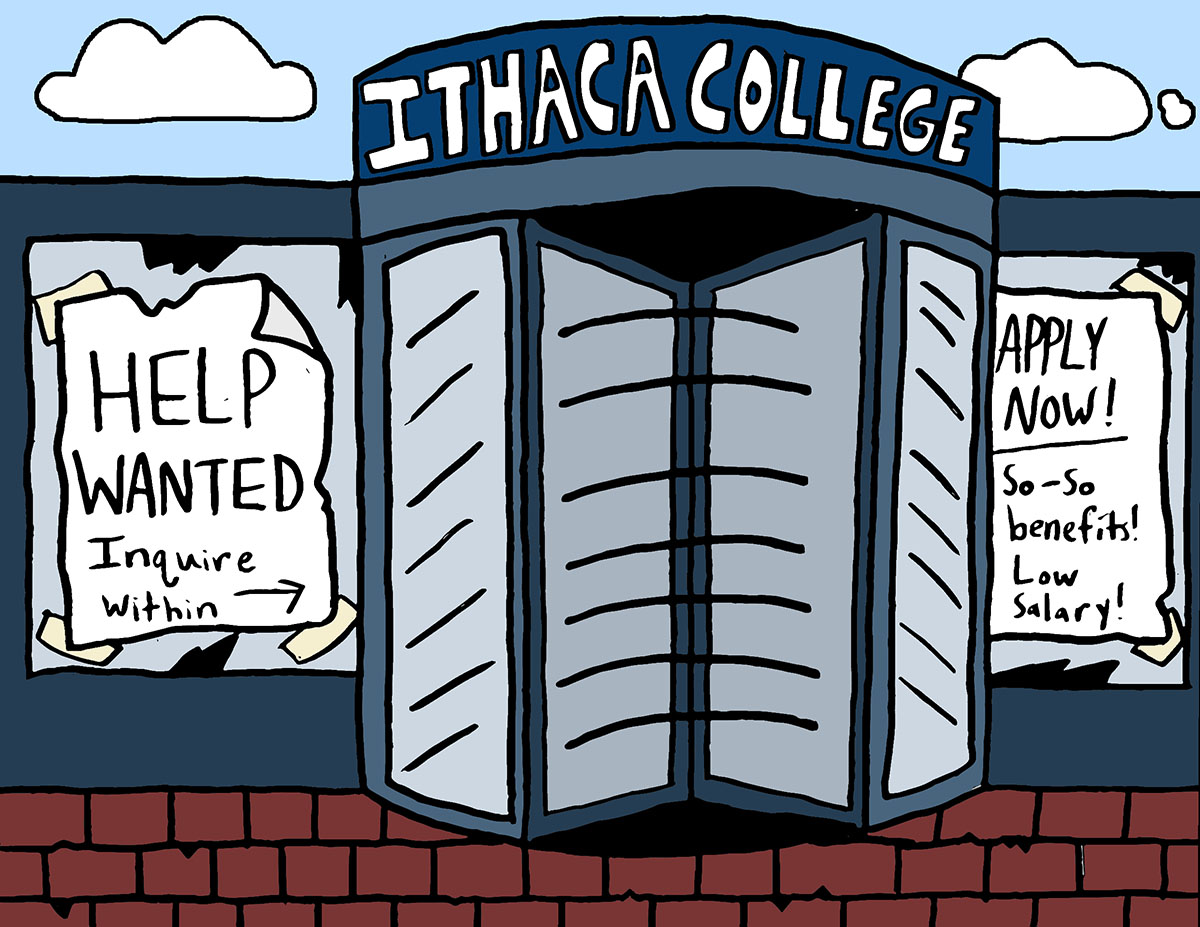Editor’s Note: This is a guest commentary. The opinions do not necessarily reflect the views of the editorial board.
Since the overturn of Roe v. Wade in June 2022, states across the country have been forced to make strong decisions regarding abortion rights. From implementing total bans to establishing sanctuary states, there has been a wide spectrum of abortion laws and the changes are still ongoing. To take away abortion rights is to take away bodily autonomy and we still need to be having conversations about reproductive justice.
Abortion rights rose as a hot-button topic during the 2016 U.S. Presidential Election, but the ruling in Dobbs v. Jackson opened the floodgates for new abortion legislation. Dobbs v. Jackson was the case that led to the overturning of Roe v. Wade, removing the federal protections of reproductive rights based upon the right to privacy. With Roe overturned, states were forced to defer to laws and policies drafted before Roe’s ruling in 1973 or compelled to draft new ones. Many Northern and Western states like New York and California voted to protect abortion rights statewide, and some areas, like Ithaca, are even deemed “sanctuaries” to provide protection for those traveling from states with severe abortion restrictions. Other states ruled abortion to be illegal with exceptions for cases of rape and incest or passed “heartbeat bills” which ban all abortions after six weeks of pregnancy. These decisions were initially important news to the general public, but the concern for reproductive justice seems to have slowed over the last year.
However, just because abortion rulings no longer seem to be at the forefront of American political news, it does not mean that the legislation has slowed with it. As a co-president of Ithaca College’s chapter of Planned Parenthood Generation Action (PPGA), we make time in every weekly meeting to talk about current events and there is always something new to discuss. For example, in April of this year, a lawsuit was launched against the FDA in an attempt to ban mifepristone, a key pill used in medication abortions. The lawsuit claims that mifepristone was not evaluated well enough when it was approved in 2000 and the lawsuit’s success would have catastrophic implications nationwide. A ban on mifepristone would affect not only states with abortion bans, but it would reduce the resources and options available in states where abortion is protected.
We talked about the potential mifepristone ban during a PPGA meeting in April after the lawsuit’s announcement, but not many members of our club’s general body knew that it was happening. It had not been a prominent news story like prior attacks on reproductive rights, and still has not drawn much attention even in the year and a half that has passed since it was filed. It is terrifying that such a potentially devastating investigation has been ongoing without much of the public knowing about it. Even the PPGA members, who are actively invested in protecting abortion access, had not been exposed to information about it, leaving it safe to assume that the majority of the United States does not know about it either. It is incredibly dangerous for drastic actions against reproductive rights to go unnoticed in our society because this limits the possibility of people pushing against it. As soon as our club members knew about the mifepristone lawsuit, they wanted to take action against it, but they would not have had the opportunity if we hadn’t had a conversation about it. Spreading awareness and staying informed are the first steps in protecting our reproductive rights. Knowledge of current events creates opportunity for action.
Continuing to talk about abortion rights builds an informed public that can act against anti-abortion efforts. If people are not aware of ongoing, nationwide threats to abortion access, it becomes more likely for anti-abortion efforts to successfully limit options for reproductive healthcare. Places like PPGA and other pro-choice activist groups are great resources for information and support. Discussions of abortion are often sensitive and personal, but they are vital to advocating for abortion access.
Lilly Tollin (she/her) is a junior advertising public relations, and marketing communications major. Contact her at [email protected].












